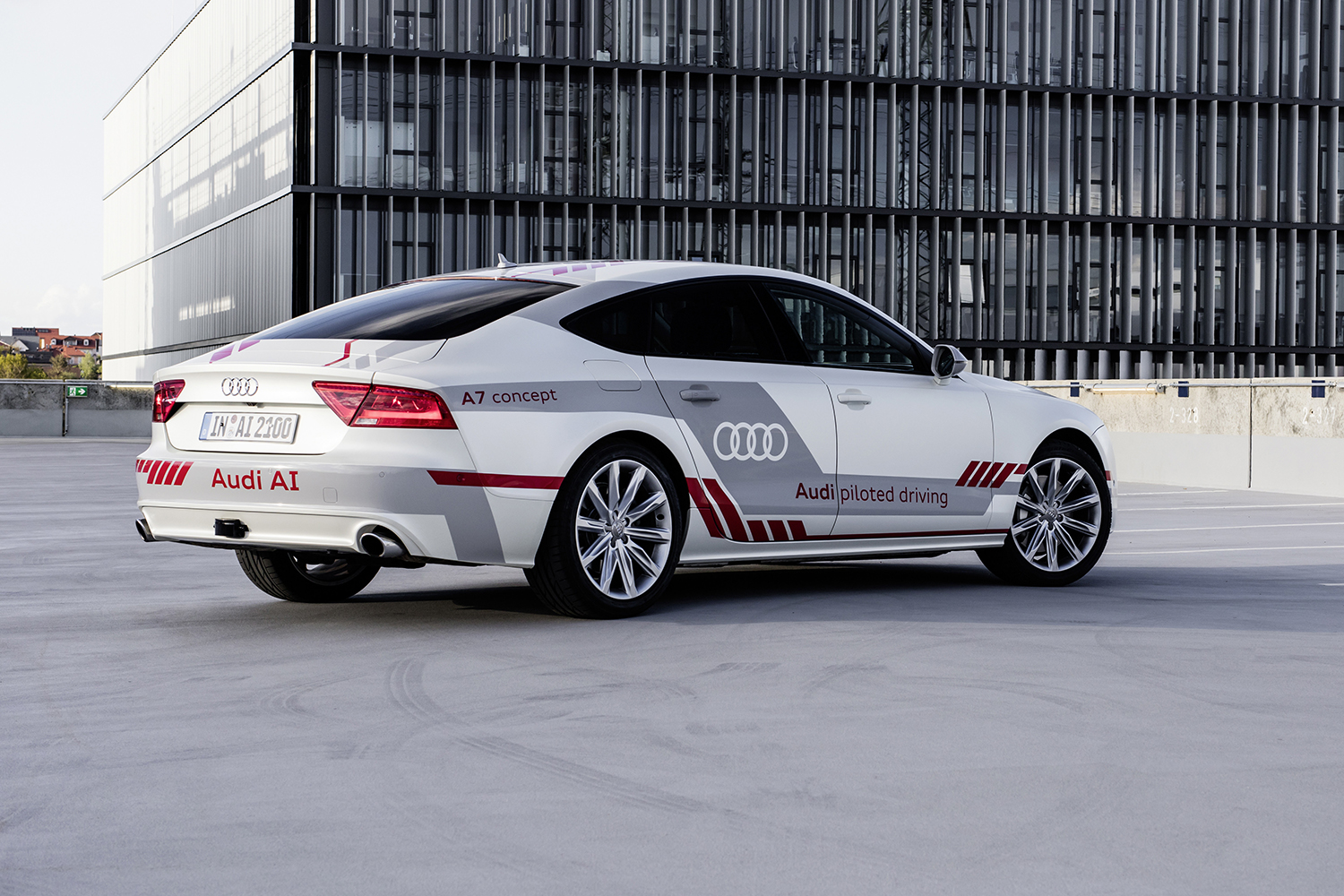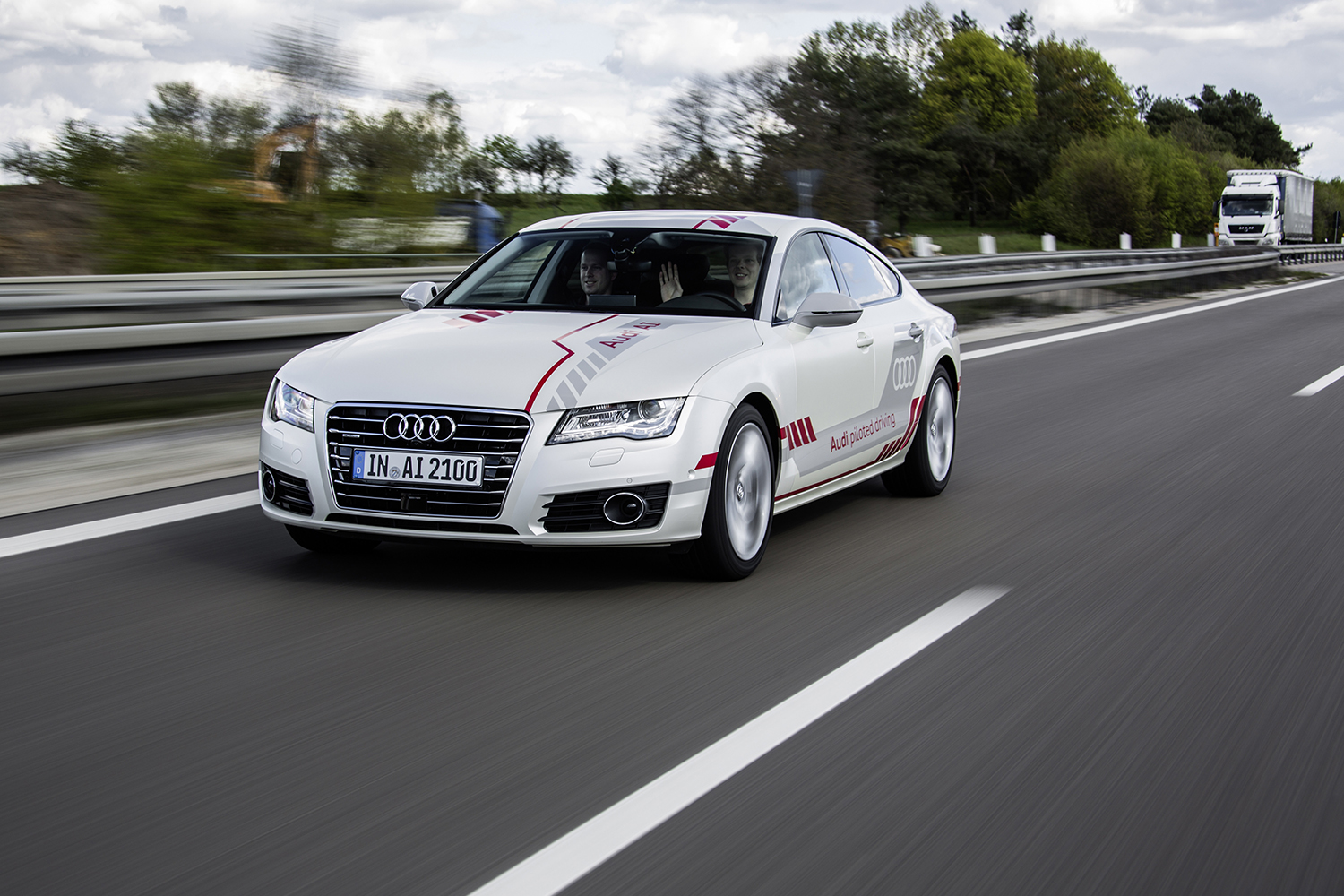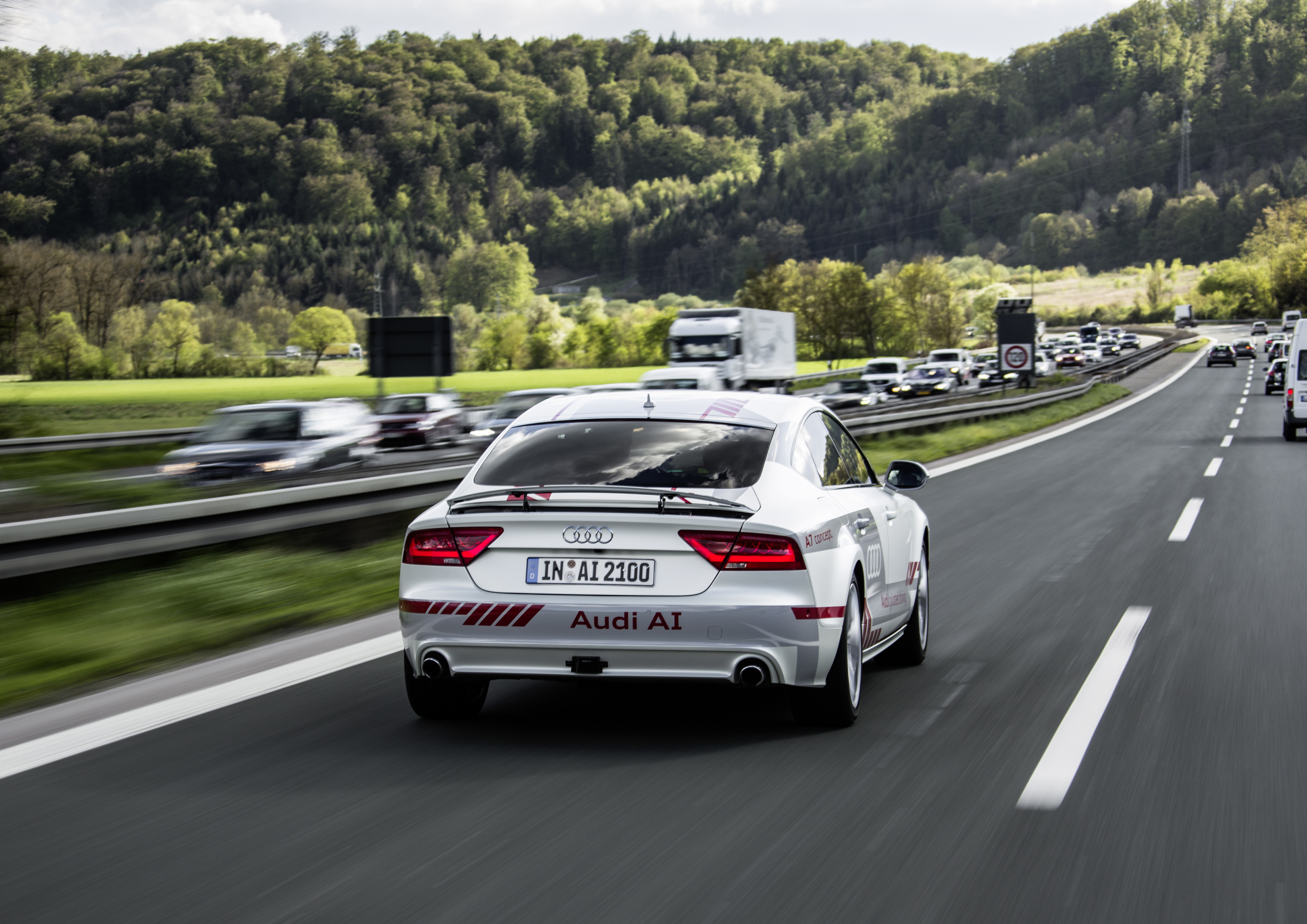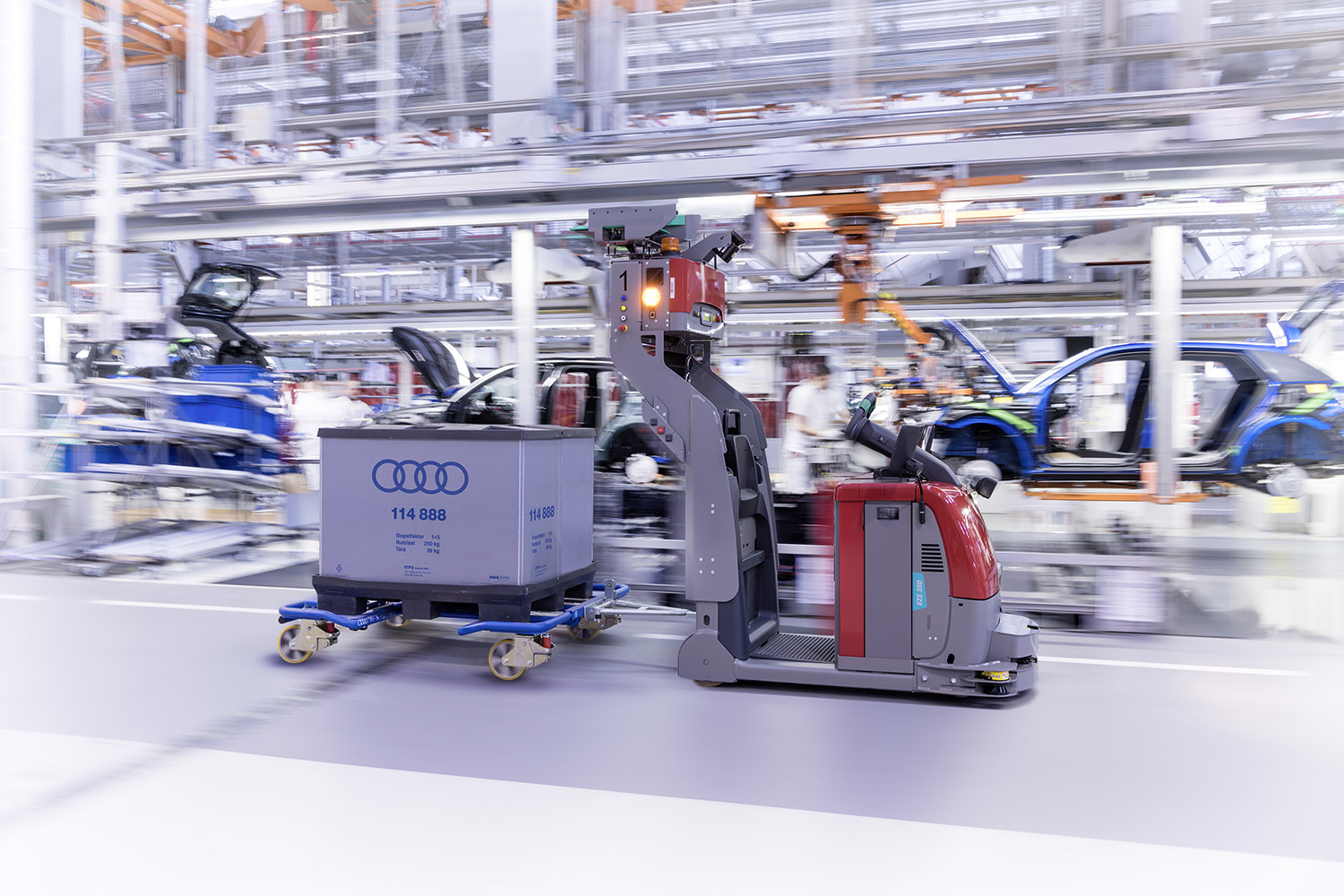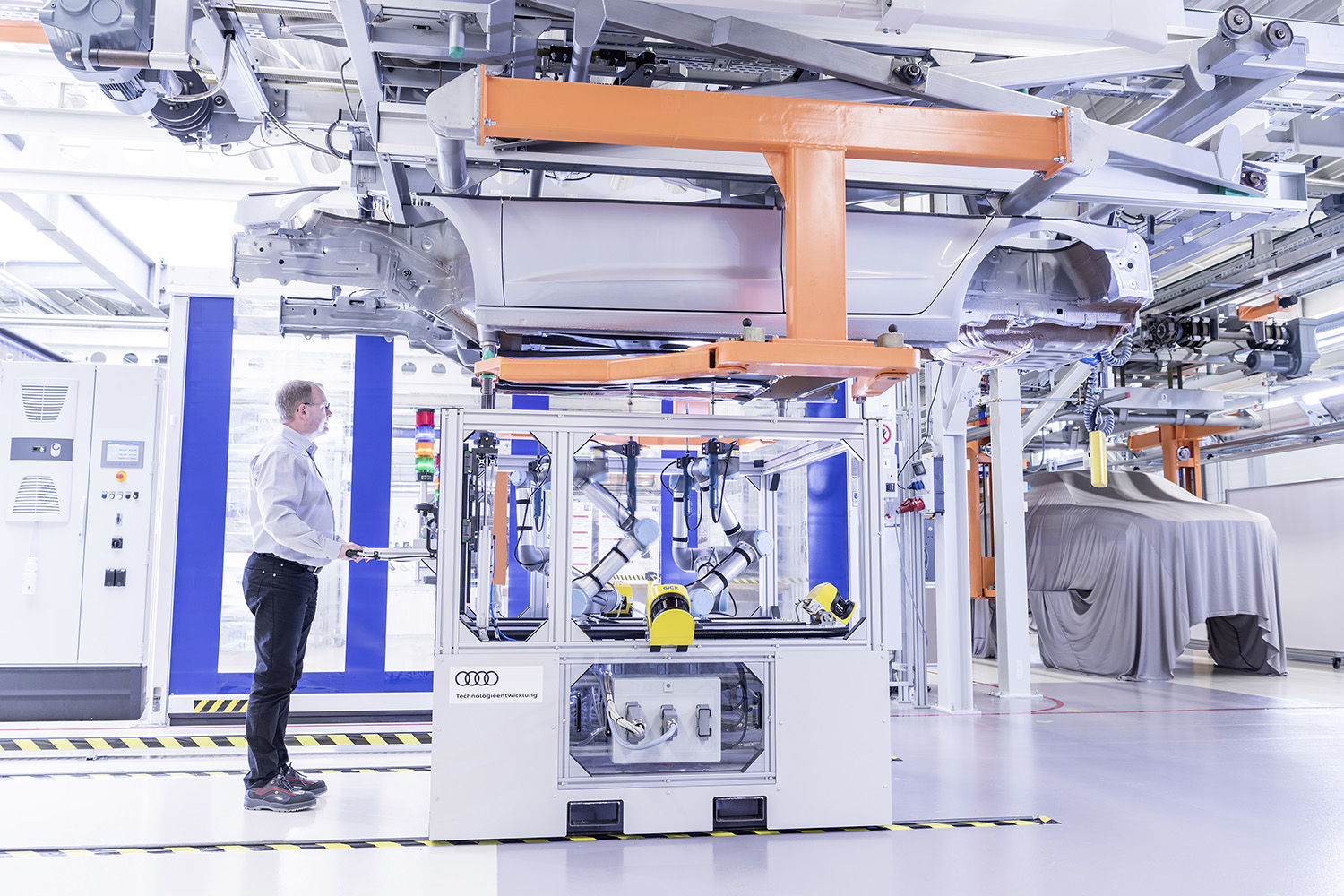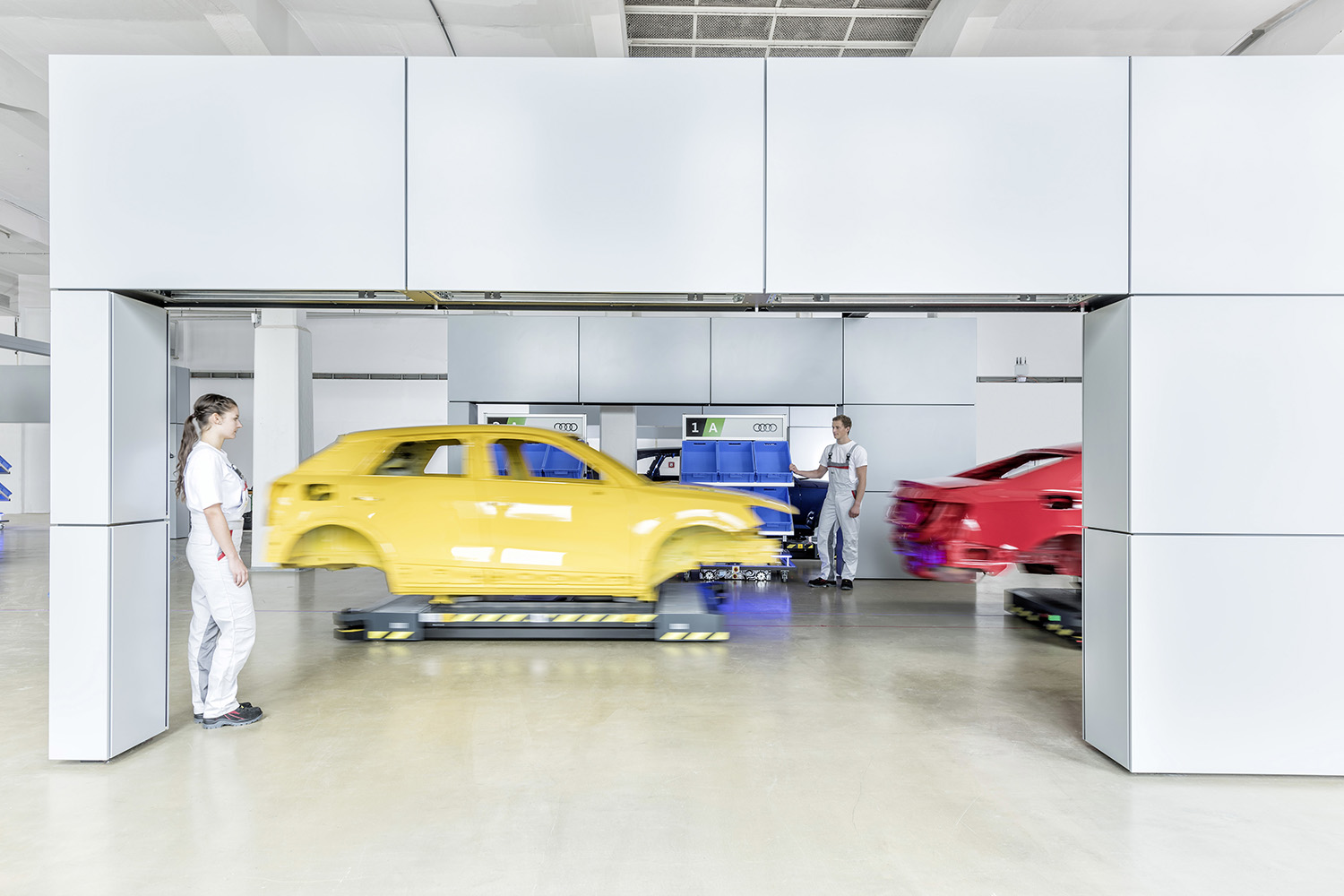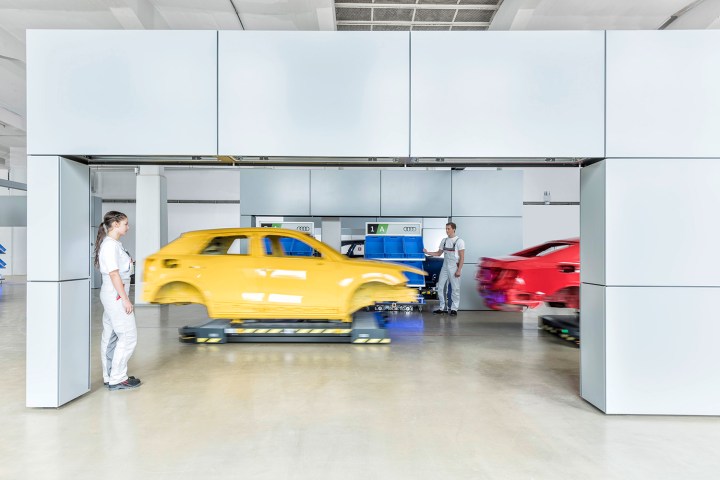
At the AI for Good Global Summit, a United Nations-hosted congress on the development of AI for humanity’s benefit, Audi CEO Rupert Stadler announced the company’s new Beyond initiative, which aims to bring together a network of experts to explore the social implications of AI in the automotive industry and working world.
“AI will fundamentally change our lives and working world,” Stadler said at a press briefing in Geneva. “It’s up to all of us to make sure AI is used to benefit society.”
For the past two years, Audi has been developing a network of thought leaders, including philosophers, lawyers, psychologists, and computer scientists. A workshop brought together Audi engineers and researchers from institutions like MIT and Oxford.
From this workshop, the company has identified two areas to focus its energy — the social effects of autonomous driving and the future of work.
“[Autonomous driving] will be the biggest transformation in our industry,” Stadler said. With that in mind, policymakers, programmers, ethicists, and car manufacturers will have to collaborate to make sure these machines act in ways that are consistent with our values as persons and as a society.
“People will have to trust,” Stadler said. “Without trust there is no market.”
Stadler himself has engaged with robots and AI to develop his own trust in them, including a car ride with the humanoid Sophia, developed by Hanson Robotics.
He added: “If we don’t bring trust to society, society won’t accept technologies.”
Audi is also actively developing autonomous driving systems, which the company separates into five levels, each offering a different degree of autonomy. Stadler suggested the company’s A8 is equipped with “level three” autonomy and that the company aims to test level five — i.e. fully autonomous — prototypes by 2020. These fully autonomous vehicles would give passengers the luxury to relax, work, or do whatever they wish.
“Time is the most precious good in our future,” Stadler said. “If we’re able to give that back to our customer …we ’re talking about a premium user experience.”
In the factory, Audi hopes to develop an approach to new technologies that help workers perform their tasks more safely and efficiently, rather than building machines that put people out of work. That means smarter factories with humans and machines working in tandem.
“At Audi we think human-machine interfaces should support employees,” he said. Companies like Hyundai are currently entering the field, developing exoskeletons to help factory workers carry heavy weight.
Despite many people’s concern about automation and job loss, Stadler dismissed the issue, suggesting that, as in industrial revolutions of the past, emerging technologies will shift rather than steal jobs.
“We shouldn’t talk about a fear that people will lose their jobs,” he said. “There will be different jobs available.”
Moving forward, it’s not clear how Audi will implement the Beyond Initiative — Stadler emphasized the project’s aim to develop an “attitude” related to AI implementation and tiptoed around questions about Audi’s willingness to share its AI insights — but the company plans to partner with at least two experts to inform the development of its technologies, according to a representative.
Editors' Recommendations
- Qualcomm says its new chips are 4.5 times faster at AI than rivals
- OpenAI reveals location of its first international outpost
- I’ve seen the (distant) future of AI web search – here’s where it’s amazing, and where it struggles
- Nvidia is renting out its AI Superpod platform for $90K a month
- This tech was science fiction 20 years ago. Now it’s reality
